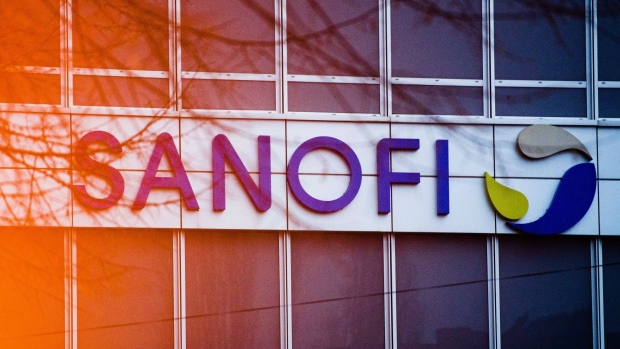Nov 29, 2022
Sanofi Drug Raises Hopes of Wiping Out Sleeping Sickness
, Bloomberg News

(Bloomberg) -- A drug co-developed by Sanofi is highly effective at treating the sometimes lethal disease called sleeping sickness and could help eradicate the ailment by the end of the decade.
A single oral dose of acoziborole was 95% effective at curing patients with a late-stage form of the parasitic disease, according to a study published in The Lancet. The drug was co-developed by the Drugs for Neglected Diseases initiative.
The illness is endemic across much of sub-Saharan Africa. Tsetse flies transmit the parasite, which mostly affects people in rural areas where there’s often little medical infrastructure, according to the World Health Organization.
While the disease is far less common today thanks to control measures, there were still about 1,000 reported cases in 2019 and diagnosing people is difficult. The WHO considers 3 million people to be at moderate or higher risk.
The Gambiense variant of human African trypanosomiasis is the most common and “could become the first disease that is eradicated thanks to a drug rather than a vaccine,” Jacques Pepin, an independent expert, said in a comment published alongside the study.
Current treatments for sleeping sickness are complicated, requiring multiple days of care from skilled health workers, often in hospitals, the Lancet paper said.
While disease progression can be slow, once the parasites infect a person’s central nervous system, the symptoms can include behavior change, confusion, poor coordination and broken sleep. Without treatment, it can be fatal.
The study included about 200 people from hospitals in the Democratic Republic of Congo and Guinea. Participants received a single oral dose of acoziborole, which was found to be effective in treating the disease after a follow up 18 months later.
Of the 167 people diagnosed with a late-stage form of the disease, 159 were cured after receiving the drug. All 41 people with early or intermediate forms of the disease were also cured, according to the paper.
©2022 Bloomberg L.P.


